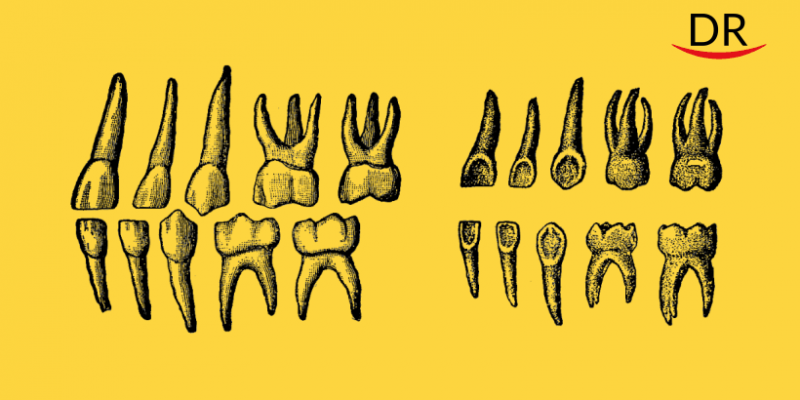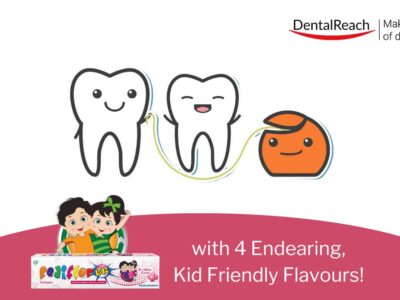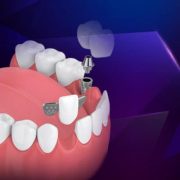From menopause to prison: teeth records all the events in a person’s life.
American scientists from the dental college of New York University have found that teeth are a constant and accurate biological archive of a person’s life, from their education to death. This work will help to find out what impact does events such as childbirth, imprisonment, menopause, etc. have on the human body.
“Our study proves that the skeleton is not a static object, but a living functioning structure that changes under the influence of various factors,” explains Paola Serrito, lead author of the study.
Research has focused on cementum. Throughout his life, a person forms new layers of cementum, which can be compared with annual rings in trees.
This attracted the attention of scientists.
“The fact that this little-studied tissue captures intimate details from a person’s life will attract increased attention to it. Cementum will now be a tool for discussion on the evolution and history of mankind.” said Timothy Bromeage, Professor of Dentistry, New York University.
Using polarized light microscopy, the researchers examined 47 teeth from 15 already dead people. The age of people was 25-69 years. From their relatives, scientists received information about the medical history of each person, his lifestyle, important events – for example, moving from a city to a rural area, and other data.
Studying the layers of cementum on the teeth, scientists discovered noticeable changes in the microstructure, which, at the time of their appearance, coincided with those or other important life changes.
Events such as menopause, imprisonment, moving , systemic diseases are forever fixed in the tissues of the human tooth.
“Some teeth belonged to people who ended their lives in prison. We found in the cement of the teeth, evidence of the physiological stress that they suffered. ”said Serrito.
“As for the young 25-year-old woman, we found that the transition from rural to urban lifestyle also affected her teeth. But at the same time, they did not record the injury.
This tells us about the “sensitivity” of cementum to long-term systemic events, but not episodic. ”
According to the researchers, their discovery will especially help anthropologists, who have long wondered why women, unlike most mammals, live many more years after menopause.
“Now anthropologists will be able to trace the evolution of unique human properties, short intervals between births and long life after menopause, which distinguish us from monkeys,” says Professor Debbie Guatelli-Steinberg.
“The methods that we have developed can also be useful to archaeologists for a more complete understanding of the life of civilizations of the past. They can combine data on a person’s social life with biological data related to such intimate moments as fertility, menopause and other physiological stress factors, ”added Cerrito.
However, the method is not perfect. For example, by changing the microstructure, it is impossible to determine exactly which event occurred. Again, similar events can be perceived differently by a person. And have strictly individual consequences.
In addition, the researchers had information about the people with whose teeth they worked, while most archaeological remains make it possible to establish only approximate ideas about the gender and date of death of a person.
Source: www.sciencedaily.com

















This is a great article. Thanks for sharing.
Thank you so much! Stay connected for more..